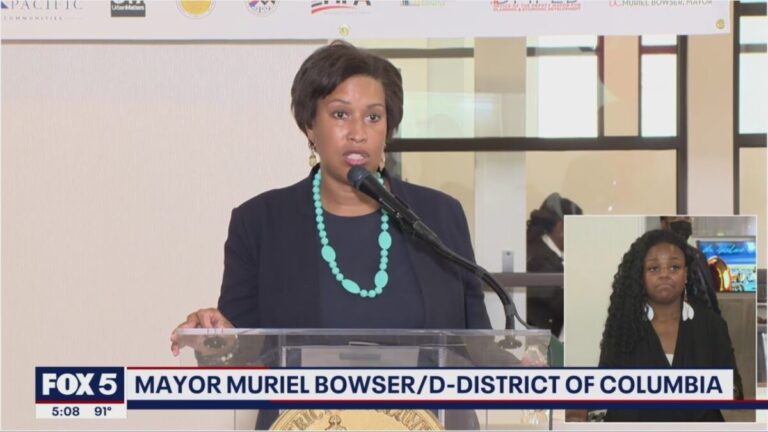China is once again at the center of a major cyberattack, this time targeting the U.S. Treasury Department in what experts are calling a significant breach of national security. According to the Biden administration, Chinese state-sponsored hackers gained access to unclassified documents and the workstations of government employees. This latest intrusion underscores the mounting challenges posed by Chinese cyber-espionage efforts and raises serious questions about the U.S. government’s cybersecurity defenses.
The Treasury, a critical hub of sensitive data about global financial systems and sanctions, became aware of the breach on December 8. A service provider alerted officials, and the affected systems were promptly taken offline. While Treasury insists the hackers accessed only unclassified documents, the implications of such a breach ripple far beyond the department. “A hack of the Treasury sends shudders not just across the U.S., but across the world,” said China expert Gordon Chang. “Countries rely on the dollar. Can you rely on the stability of the American financial markets?”
China, predictably, denied involvement, calling the accusations “baseless.” However, the U.S. Treasury and intelligence experts are adamant that the attack was state-sponsored. Chang even speculated that Beijing might have intended to be caught, aiming to sow doubt globally about America’s cybersecurity strength.
The attack comes amidst an alarming series of breaches attributed to China. Earlier this year, Commerce Secretary Gina Raimondo’s communications were intercepted as she deliberated on key export controls. Another operation, known as Salt Typhoon, saw Chinese hackers infiltrate nine U.S. telecommunications giants, granting access to private communications of senior government officials and even sensitive Justice Department wiretap data.
Incoming national security adviser Rep. Mike Waltz, R-Fla., expressed frustration over the recurring breaches. “We have to stop trying to just play better and better defense,” he said. “We need to start going on offense.” Waltz advocated for imposing costs on China for its cyber intrusions, echoing calls from other officials for a more aggressive stance.
The attacks also come as President-elect Trump prepares to take office, promising a tough line on China, including a 60% tariff on imports. As tensions escalate, the breach highlights the urgent need for a robust cybersecurity strategy, not just to protect U.S. infrastructure but to deter adversaries from continuing their relentless attacks.
With China’s bold maneuvers showing no signs of abating, the U.S. faces a critical moment to recalibrate its defenses and countermeasures to protect national security and restore confidence in its systems.




Leave a Comment